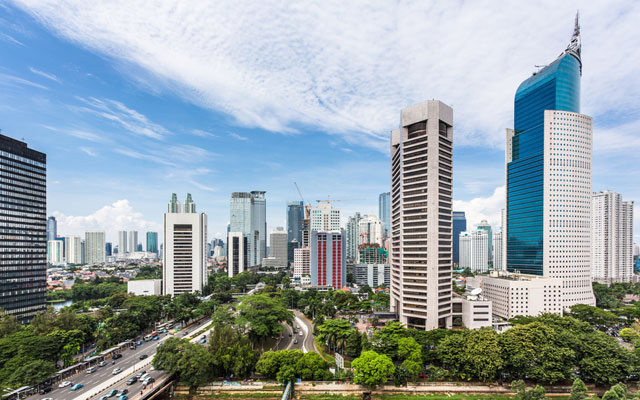Indonesia’s move to increase the value-added tax (VAT) on goods and services from 10 per cent to 11 from April 1, 2022 is met with dismay from tourism stakeholders, who fear that higher travel costs will hamper business recovery as well as raise operating costs.
The government said the increased value-added tax was needed to boost state revenue and support economic recovery. The VAT will be increased to 12 per cent on January 1, 2025.

Sudarsana, general manager for business development and marketing communications at Santika Indonesia Hotels and Resorts, told TTG Asia that the VAT increment was poorly timed, as it comes just as the travel and tourism industry was “starting to breathe”.
Indonesia has in recent weeks eased more border restrictions, with the latest adjustments implemented on March 7 to allow quarantine-free entry to Bali, Batam and Bintan as well as an expanded Visa-on-Arrival programme for nationals of 23 countries arriving by air and sea.
Sudarsana said the one per cent tax increment would result in a worrying rise in daily operational costs for hoteliers, as many of the necessary consumables, such as ingredients and toiletries, are subject to VAT.
He noted that hotels have lowered room rates to stimulate demand during the pandemic, and it would be hard for them to raise prices to accommodate higher operational expenses.
Hasiyanna Ashadi, managing director of Marintur Indonesia, said the higher VAT would not only burden tour operators but also travellers. She reminded the government that travellers’ purchasing power has declined under the economic strain of the pandemic.
She fears that travellers would rather spend their money on other destinations.
Putu Winastra, chairman of Bali chapter of the Association of Indonesian Tour and Travel Agencies (ASITA), hopes the government would postpone the VAT hike, as the tourism industry on the island has yet to reach full recovery.
Over the last two years, ASITA members in Bali have been bleeding from the pandemic and a lack of financial support from the government.
“We have been paying taxes to the government but we did not get any support when we needed it most. And now, we have to face a higher taxation,” Putu lamented.




















